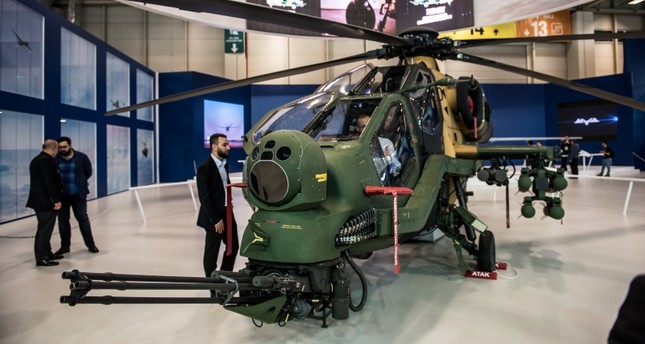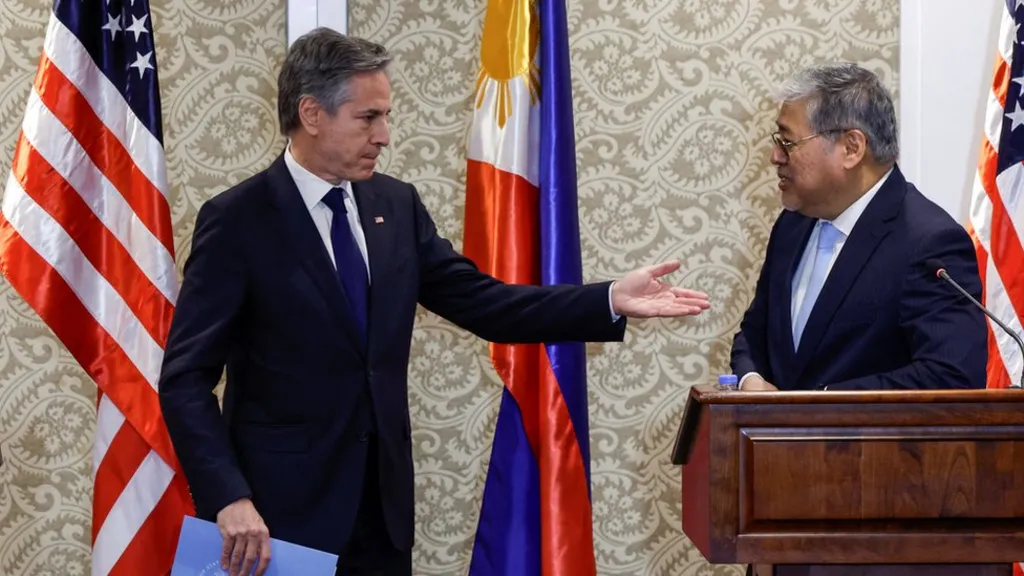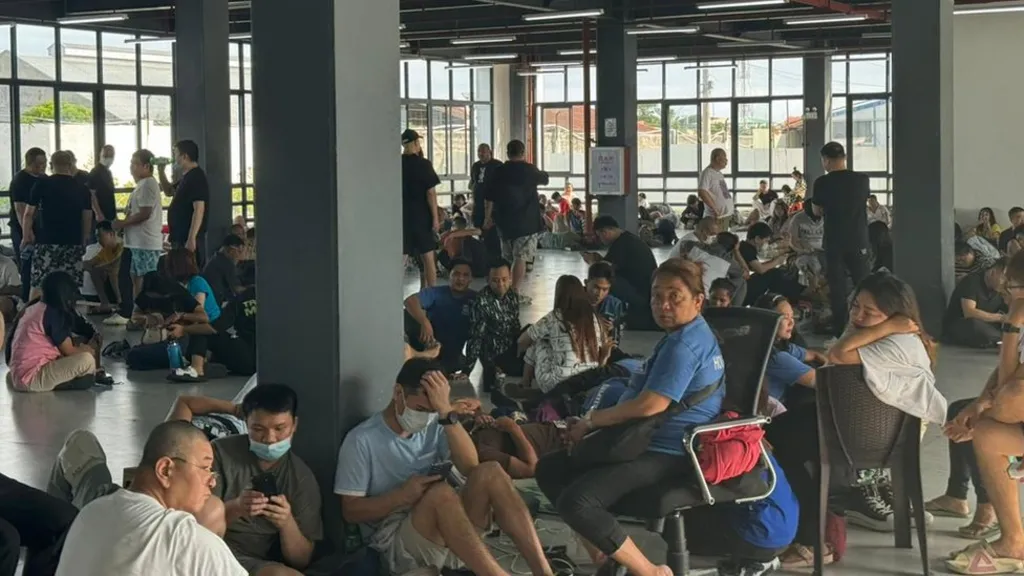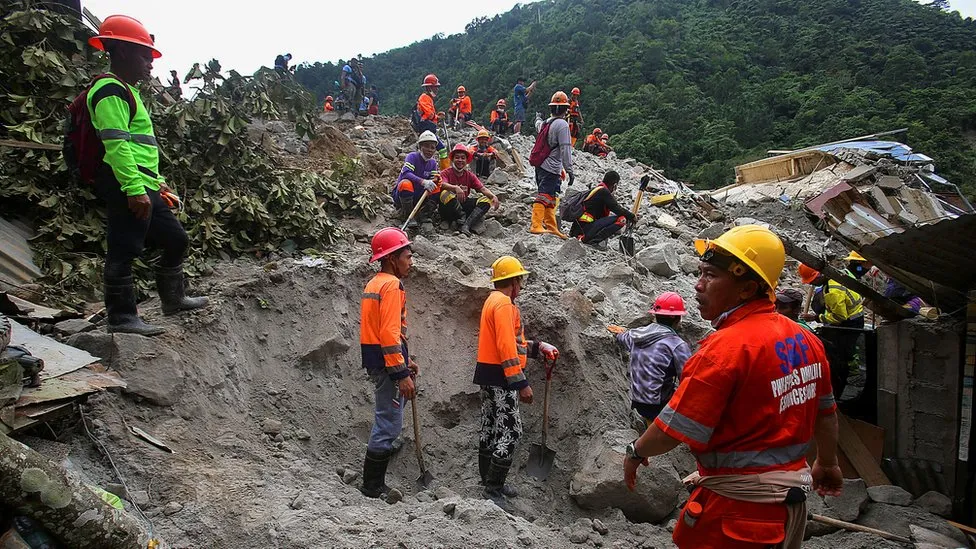Five of the world’s top 100 defence companies are Turkish, the annual rankings list published by Defense News showed.
The four Turkish companies that made last year’s list appeared again in 2019, with the addition of BMC, a Turkish-Qatari vehicle manufacturer that joined the list this year at 85th place.
BMC, which is developing Turkey’s national Altay tanks, benefited from a presidential decree granting it the use of a state-owned tank factory worth $20 billion in January.
Turkey’s largest defence firm, the military electronics producer Aselsan, climbed three places to 52nd position in this year’s list.
Its second largest, Turkish Aerospace Industries (TAI), fell five places to 69th on the list, while the remaining two companies, defence engineering consultancy STM and weapons manufacturer Roketsan both climbed, to 85th and 89th on the list respectively.
Four U.S. firms topped the list, with Lockheed Martin retaining top spot and Boeing regaining second place after a change in their reporting policy led them to fall in rankings last year.
China had three companies in the top 10, while the British firm BAE systems came in at a seventh place and French-Dutch Airbus took ninth.
The companies on the list are divided between heavy hitters like those in the top 10, and a squeezed section of mid to low-tier firms, many of which have been bought up by the larger companies in recent years, Defense News deputy editor Aaron Mehta said.
These are complemented by “defence champions”, the best performing defence companies from smaller countries that are trying to develop their national defence sectors, he said.
Turkey’s defence industry has rapidly grown under the Justice and Development Party (AKP), which has green-lighted a number of ambitious procurement projects including domestic production of fighter jets, tanks and military drones.
During the commemoration of a failed coup attempt on July 15, President Recep Tayyip Erdoğan said the country’s defence industry had grown from meeting 20 per cent of domestic procurement needs when the AKP came to power in 2002 to 70 per cent of the demand this year.
The domestic production figures are complicated by the necessity of intermediate goods, including vital parts like engines, which are often bought from abroad.
In that respect, Ankara’s decision to purchase S-400 missile defence systems from Russia is likely to have a direct impact on Turkey’s defence sector, which has lost the opportunity to participate in the U.S.-led F-35 fighter jet programme and could face targeted sanctions. Roketsan and TAI are among eight Turkish contractors in the F-35 programme.



